When you think about Egypt in the 2010s, a few things immediately come to mind: the 25 January revolution, the rapid changes in the political context, the transformation of Egyptian women’s life, and the continuing struggle between two opposing forces over Egypt’s soul.
Over the last decade, the Egyptian film industry was busy trying to make sense of all these events through the art of film. Here are some of the best movies released in the 2010s that reflected key issues in Egyptian society.
1.678 (2010)
Regarded as “the best film on sexual harassment” by renowned Brazilian writer Paulo Coelho, 678 – released internationally as Cairo 678- shed light on a topic that was considered at the time a taboo. At the time, only a few number of women’s right organizations were working independently to fight sexual harassment, until it came to the attention of the media and national institutions by the start of the decade. Today, the film industry still lacks female-led roles that accurately represent and discuss the reality of women’s lives. The film was screened in several international festivals, including the Dubai International Film Festival, the Chicago International Film Festival, the Bergen International Film Festival, and the Sydney Film Festival.
2. Black Honey (2010)
At the height of Ahmed Helmy’s career, which enjoyed huge successes with other films such as “Zaky Chan” (2005) and “Gaalatny Mogreman” (2006), the film “Black Honey” captures the bittersweet feelings of living in Egypt and the contrasts of identities in Egyptian society in a highly globalized world – between the youth living in abroad and the youth living in Egypt. Mixing light comedy with drama, the film is one of few attempts that tried to understand Egyptians’ perception of their own identity and lifestyle, and how they relate with their country.
3. Asmaa (2011)
As the first Egyptian film to tackle the struggles of HIV patients, ‘Asmaa’ did not just aim to present the disease, according to director Amr Salama, but to fight against societal prejudices and injustice, in hope of raising awareness on the significance of personal human rights. It is to encourage more empathy and understanding. The film premiered at the Abu Dhabi Film Festival and won awards at the Fribourg International Film Festival and the Murex D’Or.
4. Decor (2014)
Is Maha, the protagonist, married to Cherif – her lover – or Mustapha? Is she a production designer working in a film set, or a schoolteacher? The incredibly complex and thoughtful psychological drama film ‘Decor’ looks at the fractured female identity of Maha, the real and the imaginary, and how the overwhelmed and stressed young mother began to develop a mental illness overtime. The film also pays tribute to 1950s Egyptian cinema, showing how Maha imagines herself in the role of Faten Hamama’s several film scenes, despite its stark contrast to her own reality.
A Variety review described it as a “a sophisticated reinvention of the classic ‘women’s picture.’
5. The Blue Elephant (2014)
Translated into film from an Arabic novel written by the famous Egyptian writer Ahmed Mourad, the film marks the beginning of the increasing use of fantasy and thriller in Egyptian films, showing different experimentations and unusual characters. It narrates the story of Yehia who gets engulfed by a world of hallucinations, magic spells, and demons. Once again, the ‘other-worldly’ element resurfaces, which can reflect the dissociation of Egyptian society following the turbulent political events.
6. Nawara (2015)
What was life like for female domestic workers like Nawara during the 25 January revolution? A simple question that can very much capture a variety of social issues. Moving between the alleys of the poor neighborhoods and the roads that lead to the villas within a luxury compound, Nawara looks at the separate and many different worlds in Egypt, and how overtime Egypt came to see the creation of isolated luxury compounds on the outskirts of Cairo. How can these two very different lives connect? In the film, Nawara is left abandoned as the rich family fleds the country, leaving more questions than answers on Egypt’s future.
7. *Clash (2016)
If there was one word to describe Egypt between 2010 until 2013, it is chaos. There is no other film that best reflected all the chaotic events at the time, throwing all of Egypt’s different political factions in just one police ban. As Deborah Young of The Hollywood Reporter states the film “will be remembered as one of the most telling depictions of modern Egypt yet filmed.” It was officially selected by the 2016 Cannes Film Festival and was the opening film of the Festival’s Un Certain Regard section that year.
7. Yomeddine (Judgement Day) (2018)
“We live in hope that on Judgement Day, we‘ll all be equals,” as quoted in the film. As the first Egyptian to be invited to the main competition of Cannes Film Festival, the film narrates the story of two outcasts in society – Coptic man named Beshay who was cured of leprosy and was abandoned as a child, and an orphan child nicknamed ‘Obama’. Following the death of Beshay’s wife, both decide to embark on a journey across Egypt to search for family, belonging and affiliation.
Amid the struggles they face, their only hope for escape is in the afterlife – yomeddine.
8. Poisonous Roses (2018)
Selected as the Egyptian entry for the Best International Feature Film at the 92nd Academy Awards, the film delves deep into the world of the extreme impoverished, focusing more on powerful visuals rather than the narration to transmit the true soul of one world to another. It represents a new generation of young Egyptian filmmakers seeking to experiment with unusual visuals in Egyptian cinema and unconventional tales, relying more on metaphors rather than direct messages.
*We forgot one notable mention: Clash.
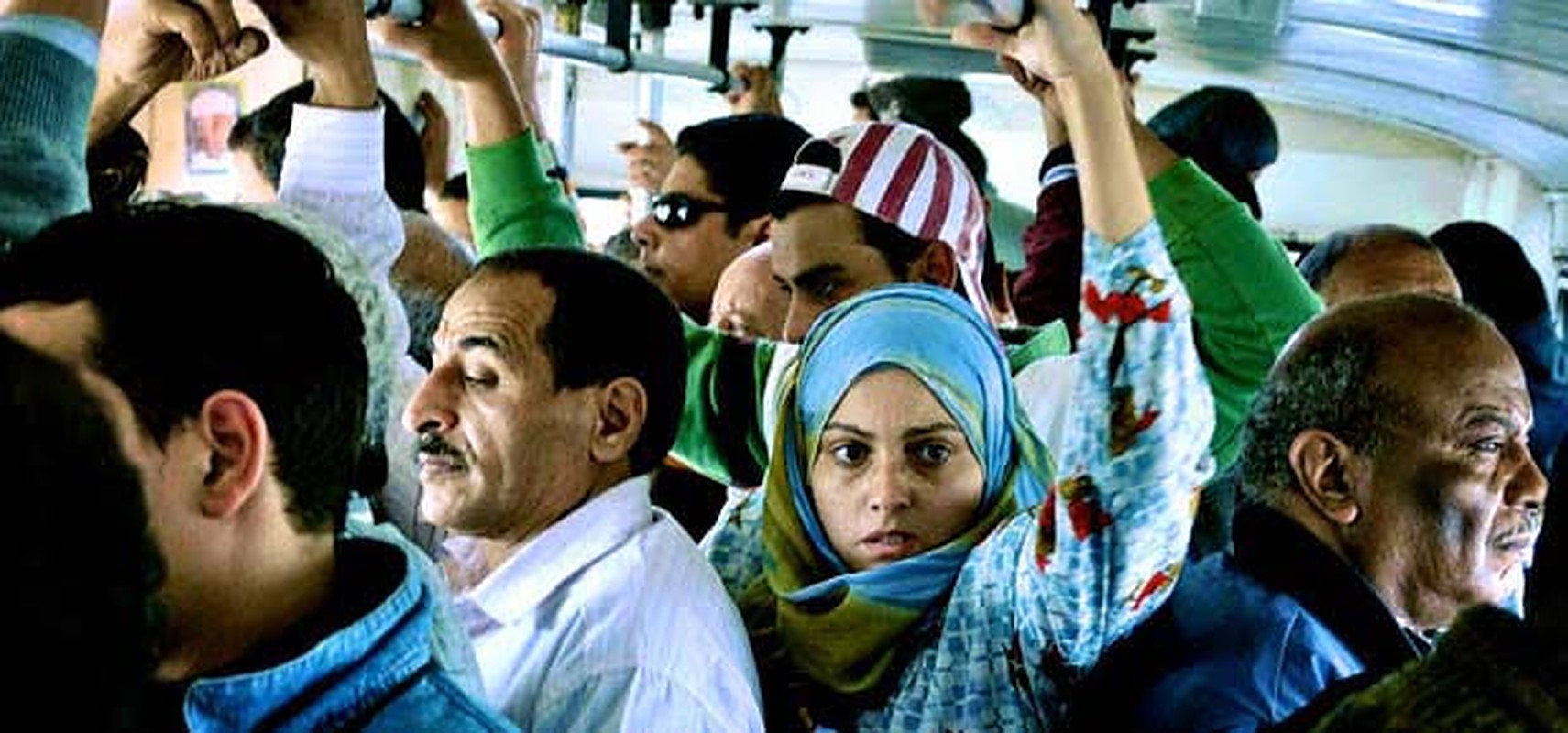
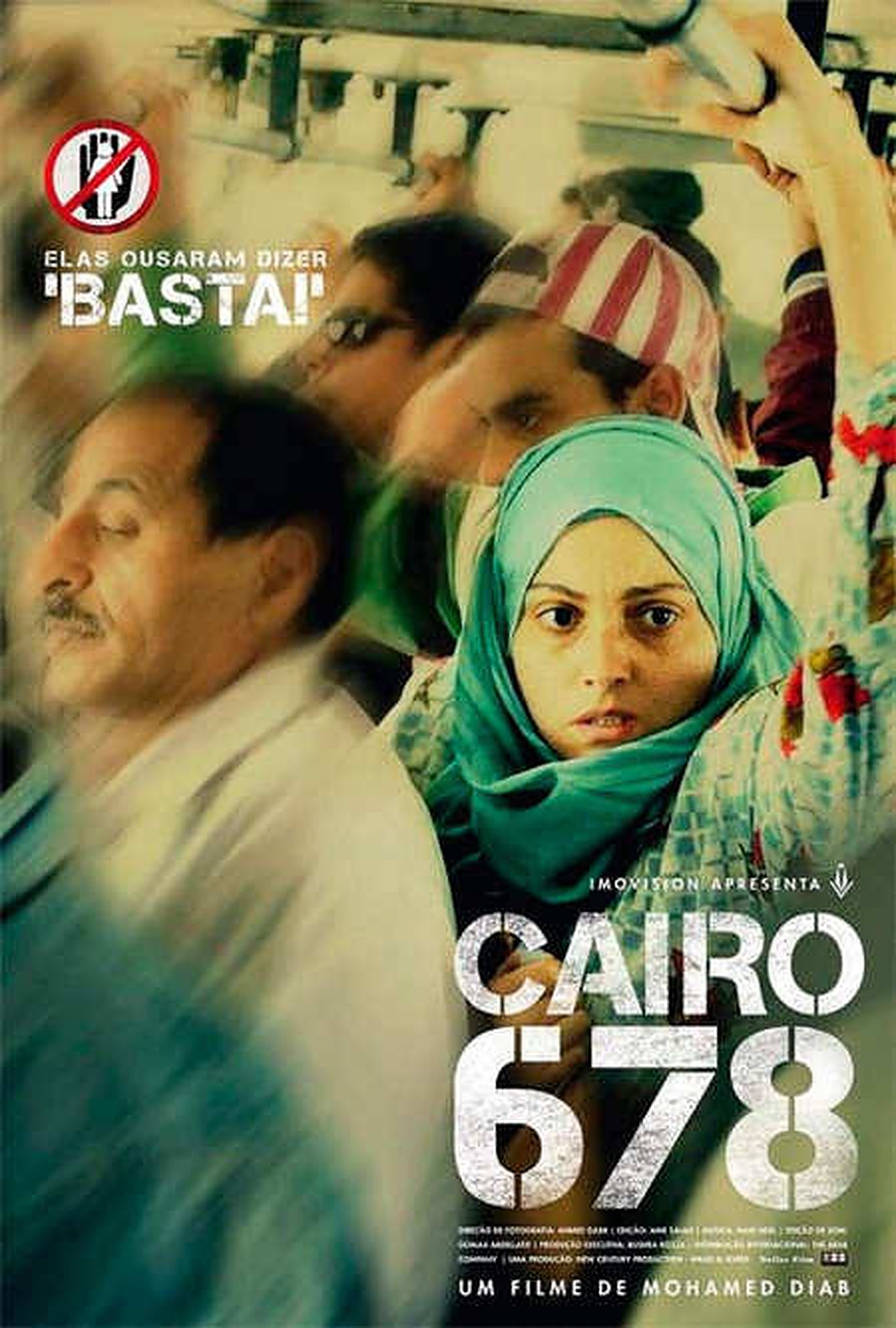

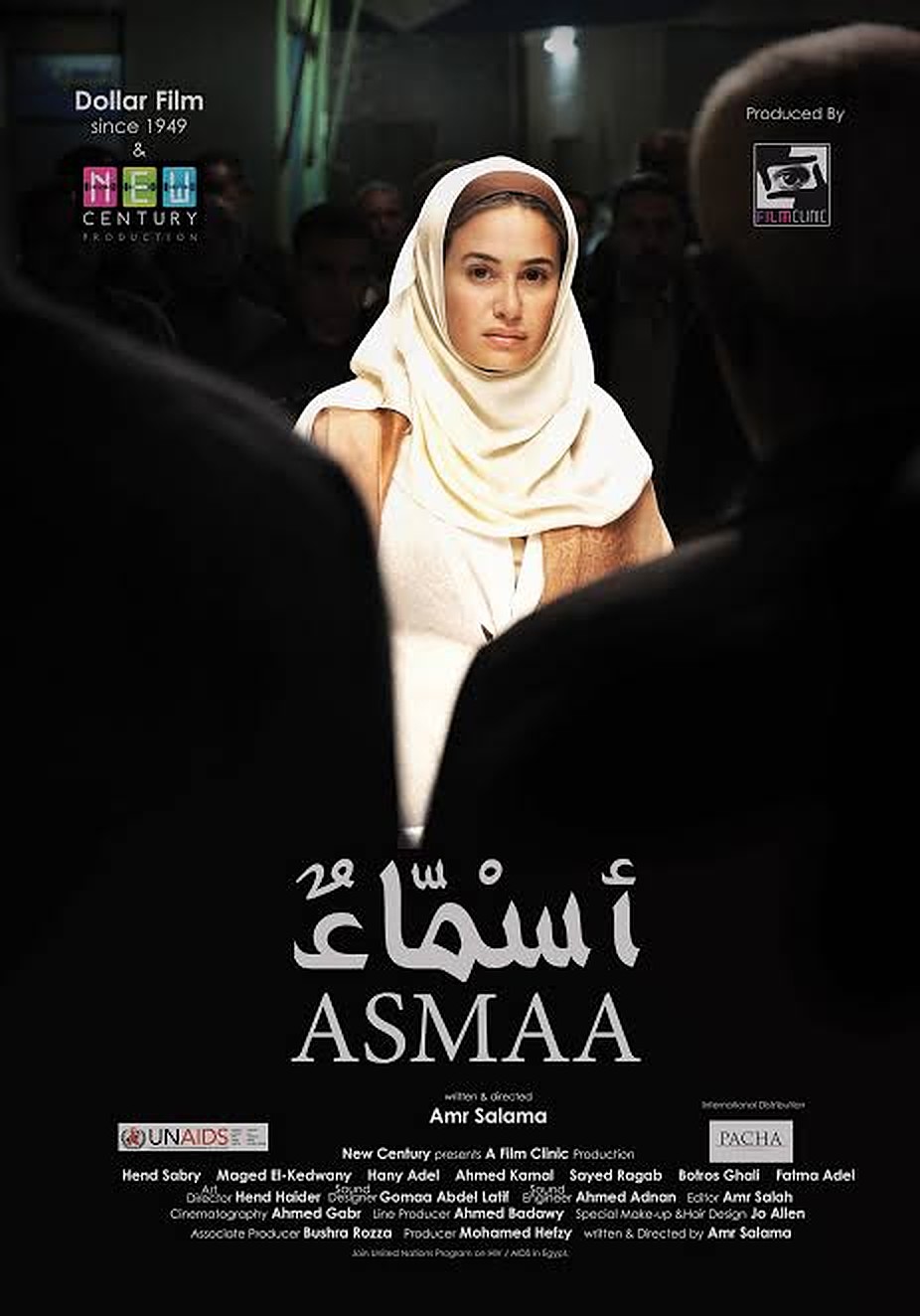

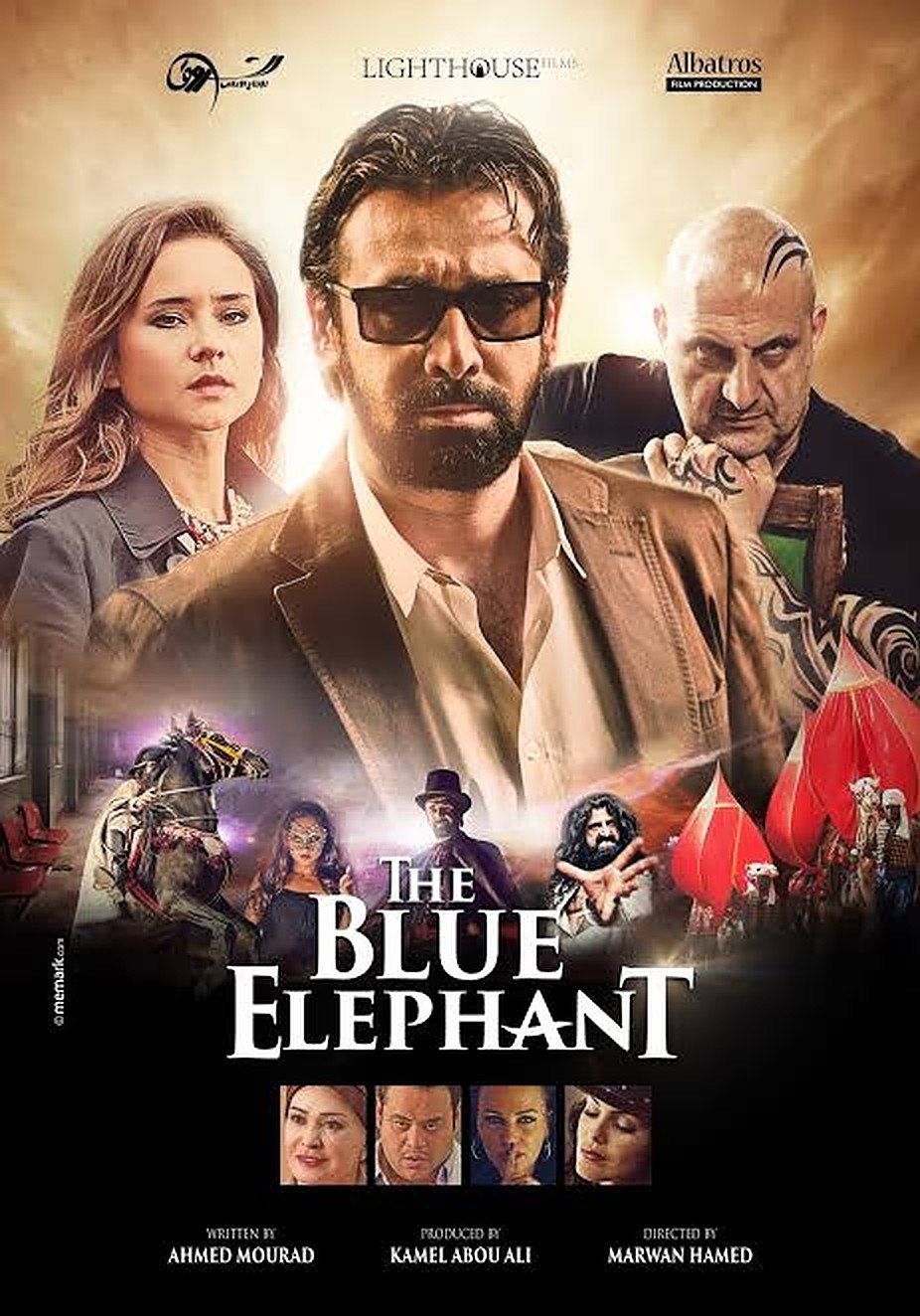

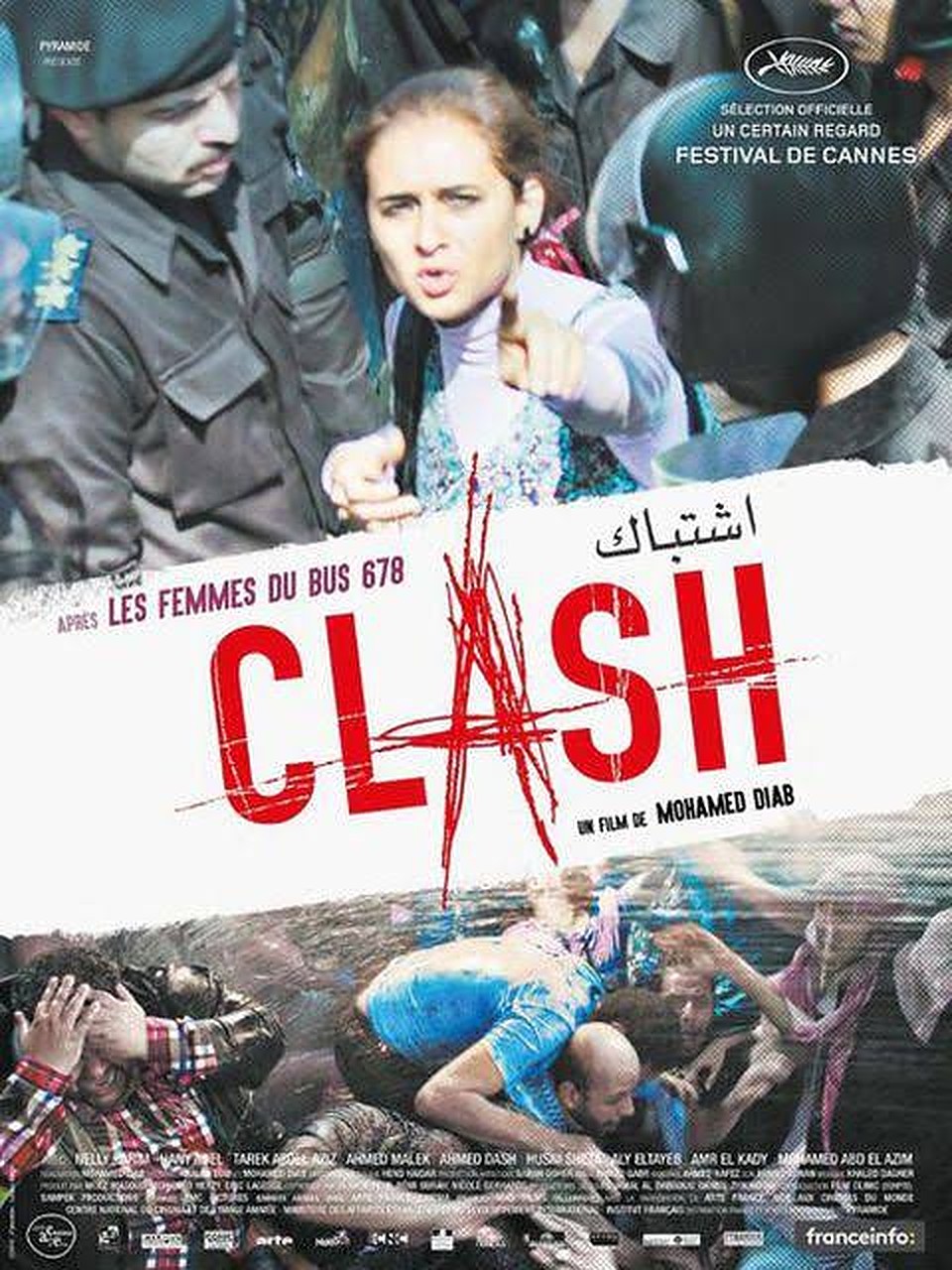
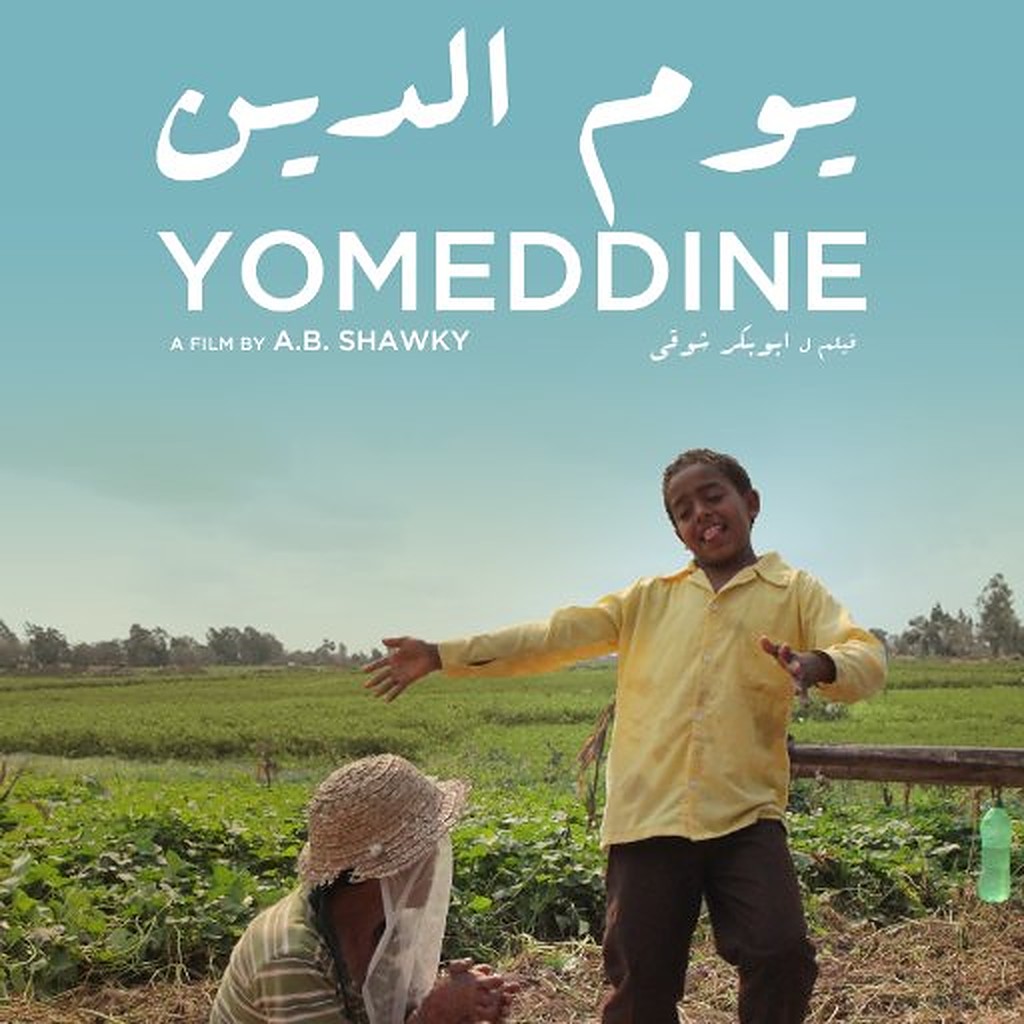
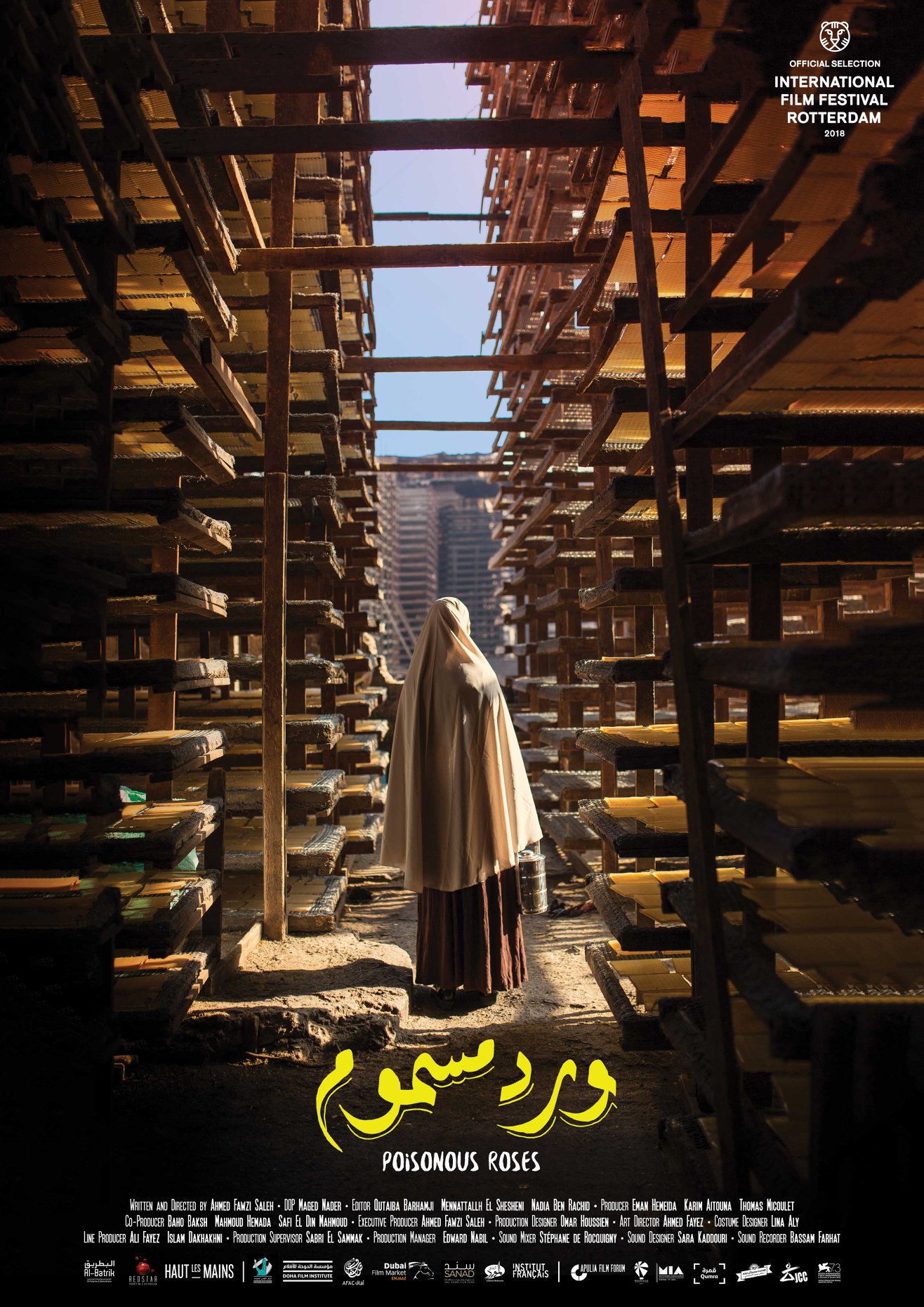



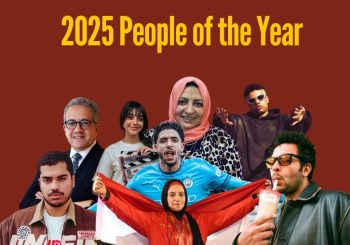
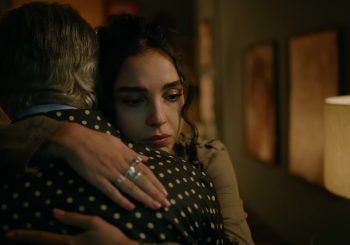
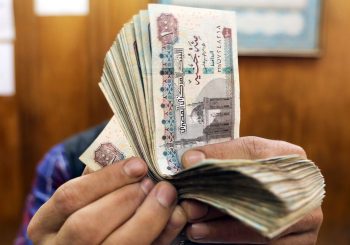
Comments (2)
[…] The Best Egyptian Films of the 2010s In Photos: Christmas Spirit In War-Torn Middle East […]
[…] The Best Egyptian Films of the 2010s In Photos: Christmas Spirit In War-Torn Middle East […]